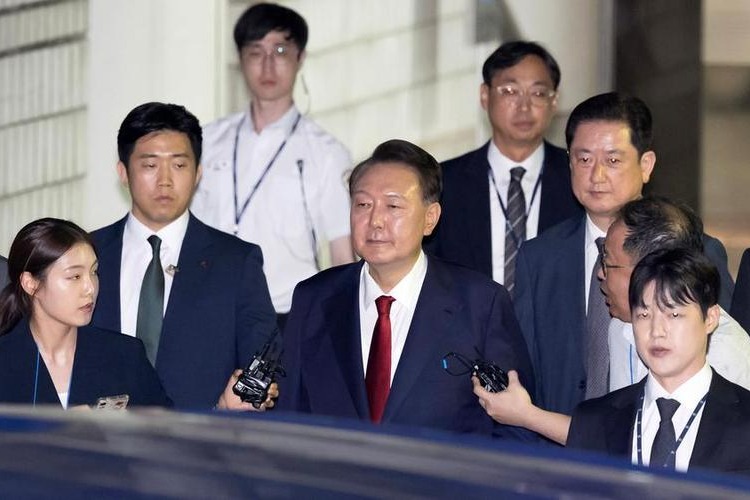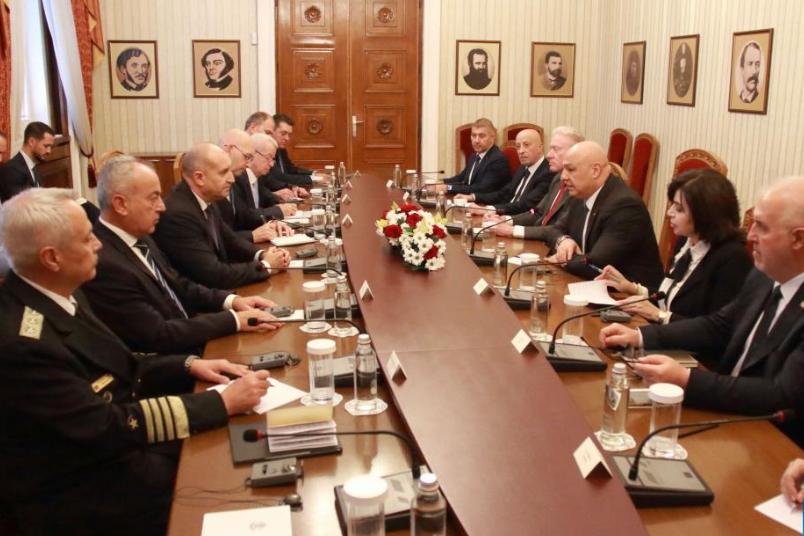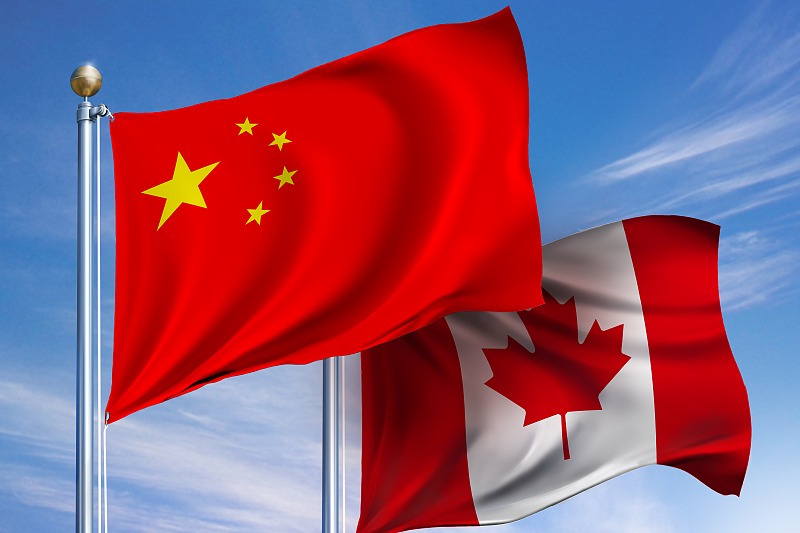Experts decry 'pressure campaign' against Canada

US President Donald Trump is set to impose a 35 percent tariff on Canadian goods and a 50 percent levy on copper imports — moves that experts say raise fears of job losses and escalate trade tensions.
Mesbah Sharaf, a professor of economics at the University of Alberta in Canada, said the sudden tariff announcement is part of a broader pressure campaign, especially with trade negotiations still underway.
"It feels like pressure to me. I don't think the talks are done, but this move turns up the heat," Sharaf said. "It's like he's saying, 'Take the deal or get hit with the tariff.' It's a way to push Canada to move faster."
Last week, Trump said he would impose a 35 percent tariff on Canadian goods starting Aug 1. Canadian Prime Minister Mark Carney later said trade negotiations with the US now have a revised deadline of Aug 1.
If the talks collapse, Sharaf expects Canada will not remain passive. "We'll definitely respond one way or another," he said. "Canada could retaliate by adding its own tariffs, seek exemptions or even deepen trade partnerships with other countries in Europe or Asia."
However, Trump said on Thursday, "If for any reason you decide to raise your tariffs, then, whatever the number you choose to raise them by, will be added onto the 35 percent that we charge."
Sharaf also questioned the staggered rollout of the tariffs, with implementation delayed despite the advance notifications.
"It feels like a tactic. Delaying gives them time to negotiate or pressure other countries behind the scenes — while keeping the threat on the table," he said.
Copper imports
Trump also recently announced a 50 percent tariff on copper imports, scheduled to take effect next month.
"It would hurt (Canada) for sure," Sharaf said. "The US buys a lot of our copper, so a 50 percent tariff would likely mean lost business. That could slow down mining and cost people their jobs."
Industry Minister Melanie Joly said last week that Canada will fight back against the copper tariff.
"We'll fight against it. Period," she said, without getting into specifics.
Sharaf said the global nature of the copper trade means such tariffs would not stay localized.
"If trade slows down between us, it can create shortages, push prices up and disrupt supply chains for industries ... such as electronics."
Trump has framed the move as a way to promote domestic manufacturing, but Sharaf said the plan could backfire.
"It looks like he's trying to boost US manufacturing by making imported copper more expensive. But this kind of tariff can backfire — it could end up raising costs for US factories too."
Kim Nossal, a professor emeritus of political studies at Queen's University in Canada, said the proposed tariffs appear to be part of a broader pattern of "nonrational" trade measures introduced by Trump.
"The Trump administration's tariffs are driven by a number of different rationales, most of them not very 'rational'," Nossal said.
"The nonrationality of the tariffs is exacerbated by Trump's bizarre belief that foreigners, not Americans, pay these tariffs."
Canada exported roughly $5.7 billion worth of copper to the US last year, far below its $34 billion in aluminum and steel exports, he said, but the proposed tariffs are still significant in terms of eroding bilateral trust, and could further undermine confidence in Canada-US trade relations.
Trump has sent notification letters to certain countries about the tariffs, but delayed their implementation until Aug 1 — a pattern Nossal believes reflects the internal contradictions of the tariff policy.
"Because the overall US tariff regime is not at all rational, actually implementing this nonrational regime would result in massive economic disruptions — which is why they keep getting pushed back," he said.
"I don't think this can be called 'strategic'. It's just a recognition that the Trump tariffs, if they are actually implemented, will actually increase economic costs for Americans."
gaoyang@chinadailyusa.com
?






























